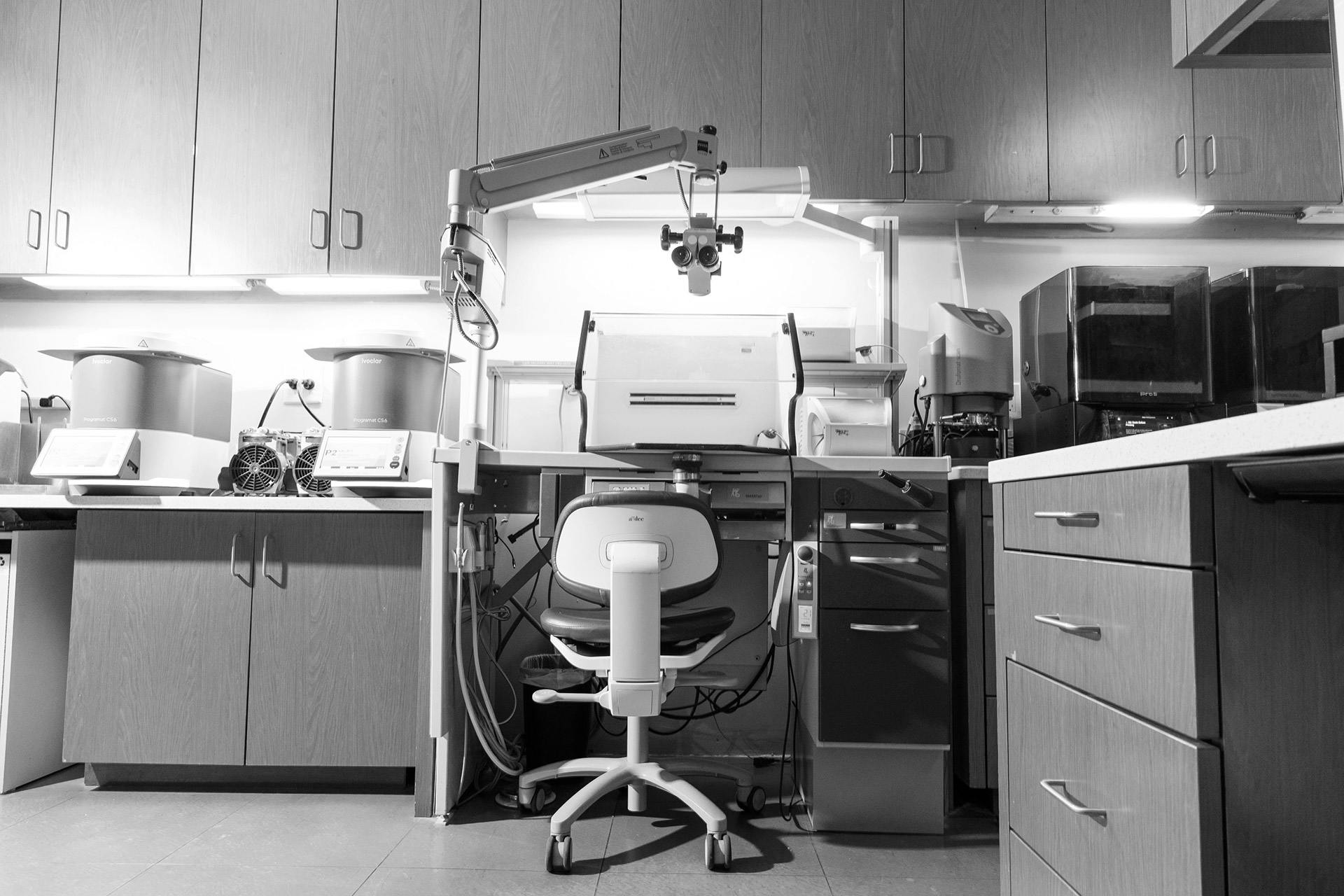At BayView Dental Arts in Naples, we provide advanced, personalized solutions for TMJ disorder to restore your jaw's comfort, function, and balance.
What Is TMJ Disorder?
TMJ disorder refers to dysfunction of the temporomandibular joints, which connect your jawbone to your skull. These joints are essential for everyday functions such as chewing, speaking, and smiling. When the joints become strained, inflamed, or misaligned, patients may experience discomfort or difficulty using their jaw. TMJ disorder can develop for many reasons, including teeth grinding, arthritis, injury, stress, or even genetics.








